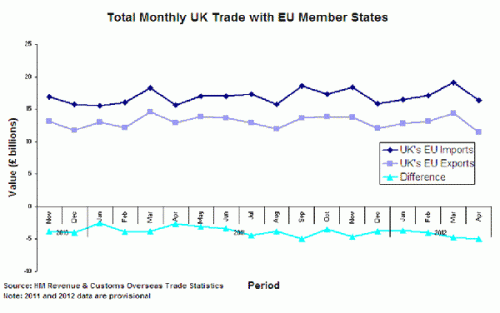
As a keen cyclist, I went down to London last weekend to watch the Olympic road race. It was pretty exciting standing on the Fulham road watching the peleton go past. That part of London seemed pretty busy and nearby cafes were doing very well. However, in the centre of London, many shops and hotels have complained of lower than expected business – with many tourists and shoppers being put off by threats of traffic chaos.
Given forecasts of four hour traffic jams, it is unsurprising that so many stayed away. However, whilst some have sought to avoid London during the Olympics, there have also been a new wave of visitors, who will hopefully want to revisit a revitalised London in the future.
The economic legacy of London 2012 is going to be much more than the three week duration of the Olympics. However, given the last GDP statistics showing a shock 0.7% fall (partly blamed on Jubilee holiday) The government will be hoping that the Olympics gives the economy a boost – there are only so many times you can blame falling GDP statistics on bad weather and public holidays.
Feel Good Factor?
UK consumer confidence is near record low levels. After four years of recession, creating positive economic news has been difficult. It is possible a successful Olympics will help change consumer confidence and encourage economic activity. From a macro perspective, with a double dip recession the Olympics has come at a good time. The question is whether watching sporting success actually translates into consumer spending and investment. Despite the scale of the Olympics, there are still more important factors affecting economic confidence and growth.
However, I think that overall the Olympics will have a positive effect on economic spirits.

